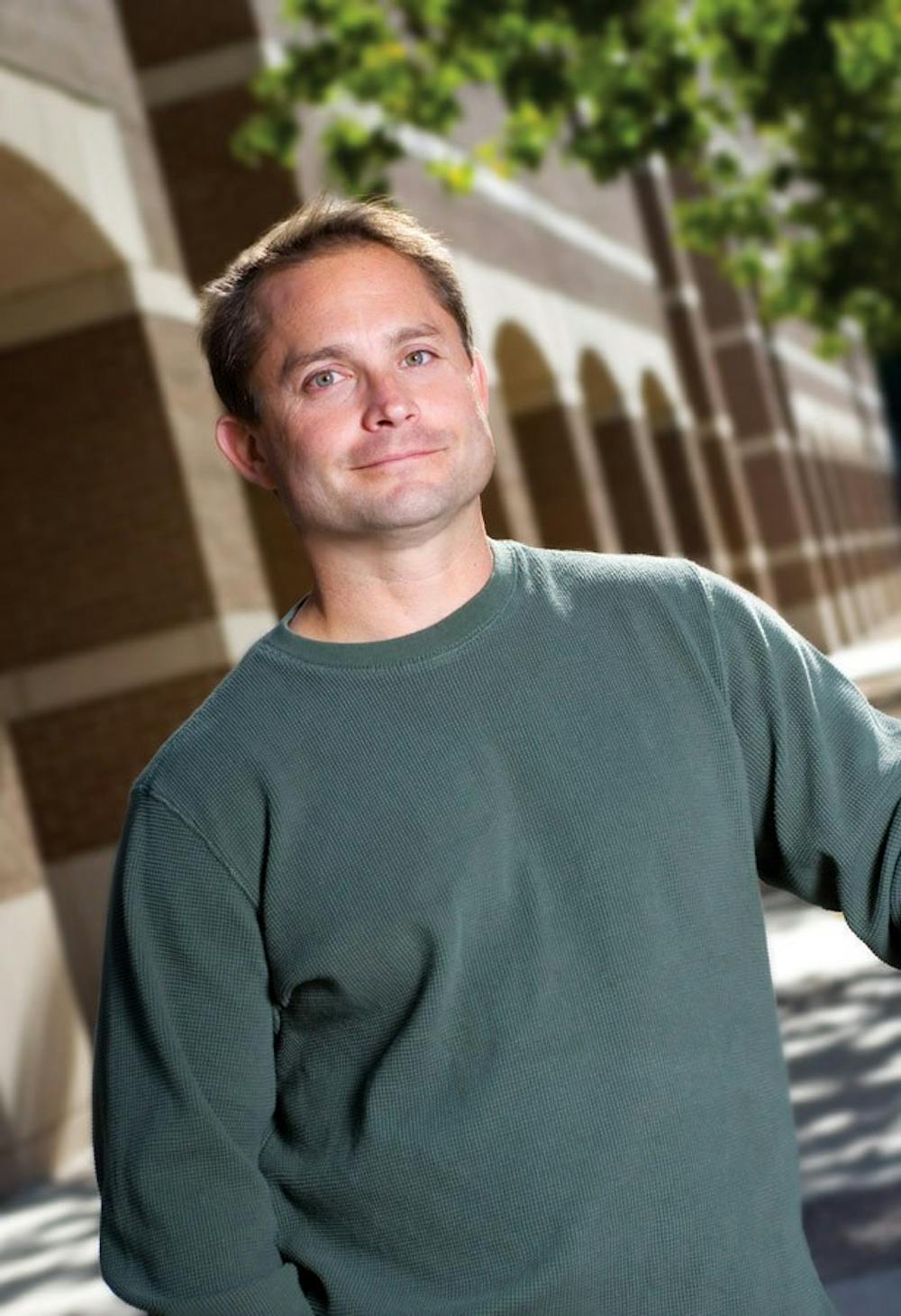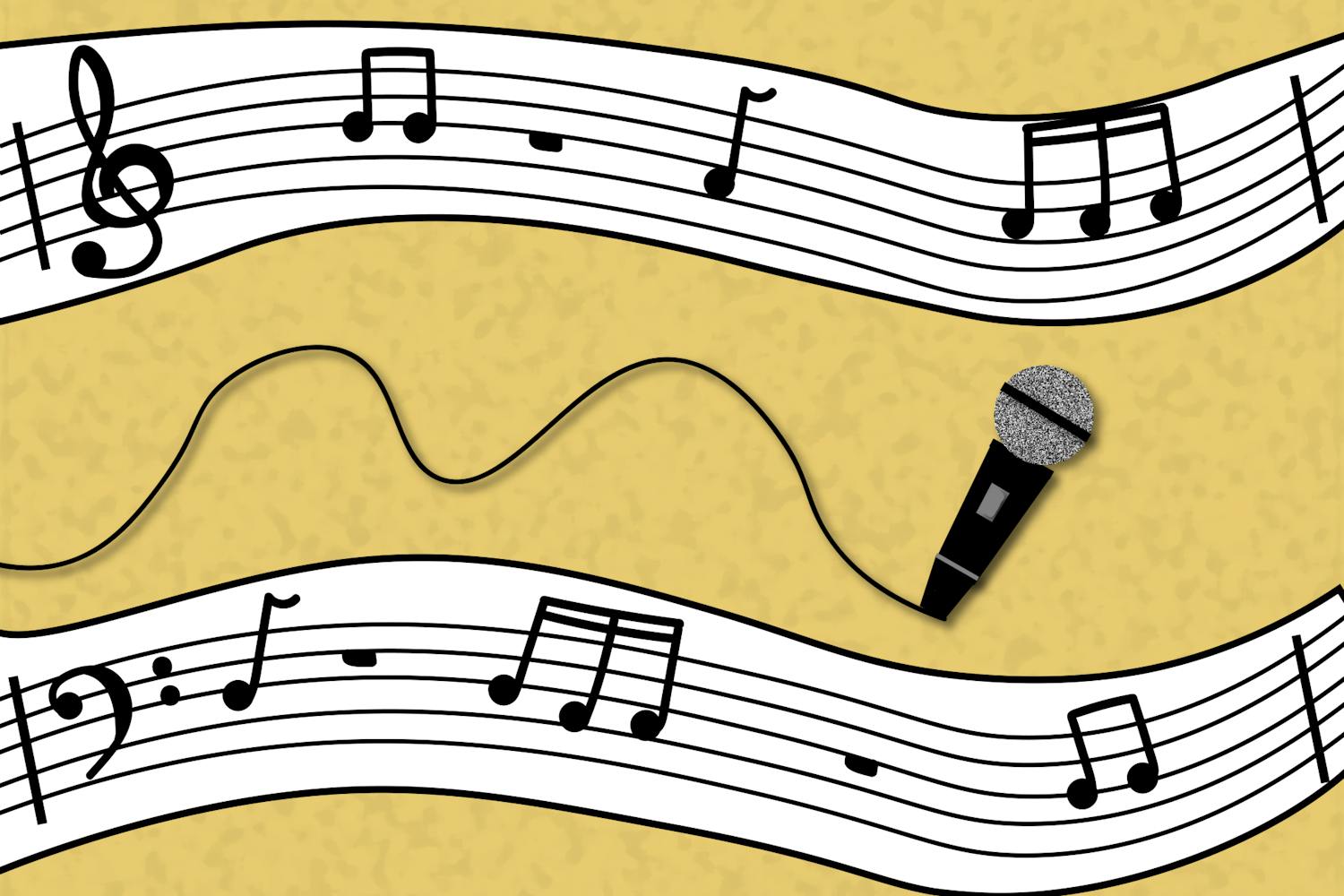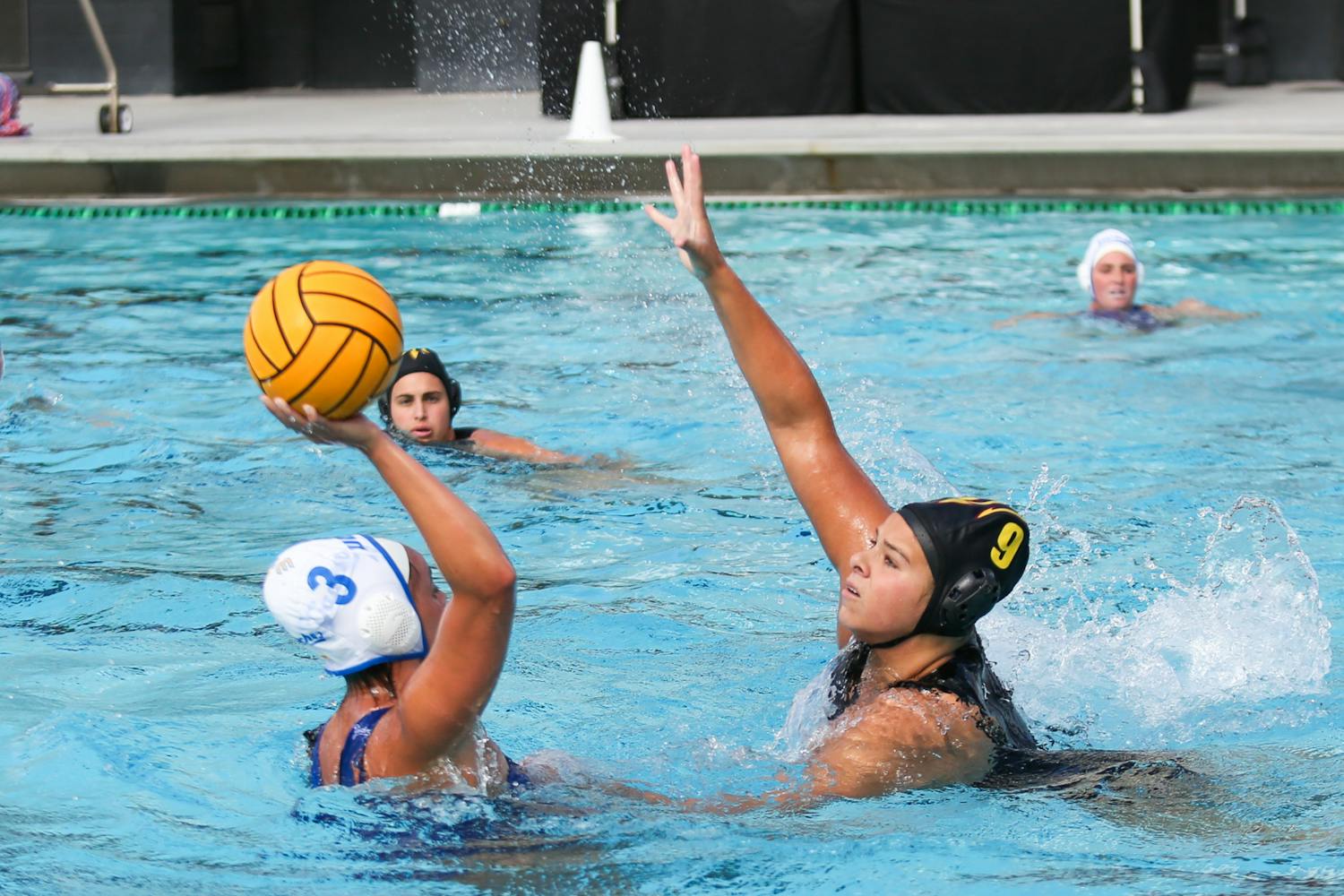 ASU communication professor Jeffrey Kassing contributed
ASU communication professor Jeffrey Kassing contributed
a chapter for “African Football, Identity Politics and Global
Media Narratives: The Legacy of the FIFA 2010 World Cup.”
Kassing researched the use of the vuvuzuela and the
debate it caused between soccer fans around the world.
(Photo courtesy of Jeffrey Kassing)
The 2010 World Cup held in South Africa became infamous for the constant buzzing from its stands, product of the South African horn known as the vuvuzela.
The vuvuzela became a spark plug for debate among soccer fans and viewers worldwide, and ASU communication professor Jeffrey Kassing recently wrote about this debate.
Kassing wrote a chapter for the upcoming “African Football, Identity Politics and Global Media Narratives: The Legacy of the FIFA 2010 World Cup,” a book that chronicles the South African World Cup from a number of different angles.
“Editors of the books sent out a call saying they were doing a book on the South African World Cup, which was the first time it had been held on the African continent,” Kassing said.
One of the things Kassing remembered from the World Cup was the vuvuzela and its trademark sound.
Knowing that there had been significant blowback on the use of the instrument, Kassing began researching where fans had gathered to discuss their thoughts.
“I knew there had to be some place where people talked about this,” he said. “In this day and age, they must have had a place where they talked about it.”
Using The Guardian as a main source of research, Kassing began reading fan comments to see what the overall themes were in the vuvuzela debate.
“There were very few people who landed in between,” Kassing said. “Most people said ‘This is the worst thing ever’ or ‘It’s not a big deal.’”
Kassing explained that there were two different viewpoints: an ethno-centric one and an ethno-relative one.
From an ethno-centric viewpoint, fans judged the vuvuzela based on their own assumptions of how fans should behave.
“The way people defended banning it was that is was disruptive,” Kassing said. “It disrupts what they know and how they know to behave as a fan.”
From the ethno-relative viewpoint, fans attempted to see it from the local perspective.
Kassing said those who defended the vuvuzela said that it was the host country's prerogative and that as a global tournament, there should be different perspectives.
In Kassing’s online course called Soccer is a Global Game, he looks at the fact that soccer is the one sport that is truly global.
“It becomes a sort of currency for politics, economics and culture,” he said.
In that way, the vuvuzela left a significant mark on the soccer community.
“The vuvuzela became emblematic of South Africa’s World Cup,” he said.
After the South African tournament, the governing body of the World Cup, FIFA, banned the vuvuzela from any European tournaments.
“Essentially what it says is that the English/European model of participation is the dominant one,” Kassing said.
Business junior Nic Latham watched the 2010 World Cup and had mixed feelings regarding the vuvuzelas.
“They were kind of annoying in the background on TV, but I did and still do appreciate the environment from the vuvuzelas,” Latham said.
Latham noticed that the environment was a stark difference from the European style of fan sound.
“I think it’s a representation of the host country’s culture,” he said. “It was cool to see them in 2010, because in leagues like the Premier League, La Liga, etc. there is nothing like the vuvuzelas.”
Despite this, Latham said he thinks the decision to ban the vuvuzela from this year’s World Cup was the right one.
“Honestly, I could go both ways on this, but I am leaning more toward it being a correct decision,” he said. "On the one hand, a lot of people seem to like to bring the vuvuzelas and other instruments to games so it adds to the live atmosphere for them. On the other hand, the sound doesn’t come through very well on a TV and can be very distracting or annoying.”
Global health and Japanese junior Rose Meltzer, who supports Germany in the World Cup, said she agrees with FIFA’s ruling in banning the instrument.
“Instruments like vuvuzelas produce a really loud sound,” Meltzer said. “I doubt very many, if any people wear earplugs to soccer matches. The aggregate sound of thousands of vuvuzelas and other loud noisemakers in a stadium of hundreds of thousands of people can lead to hearing loss for huge numbers of people.”
The 2014 World Cup will be held in Brazil and Kassing said that there was a push by the nation to have an emblematic sound of their own.
According to the International Business Times, the caxilora was poised to be Brazil’s answer to the vuvuzela.
However, after fans threw the instruments onto the field during a match in April, FIFA banned it from any World Cup venues.
“The next World Cup is supposed to be in Russia, so they will have the European soundscape, but after that, it’s supposed to be in Qatar, so we’ll see if there is a particular sound they’ll try to promote,” Kassing said.
Reach the reporter at icbeck@asu.edu and follow him on Twitter @ICBeck21




